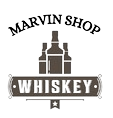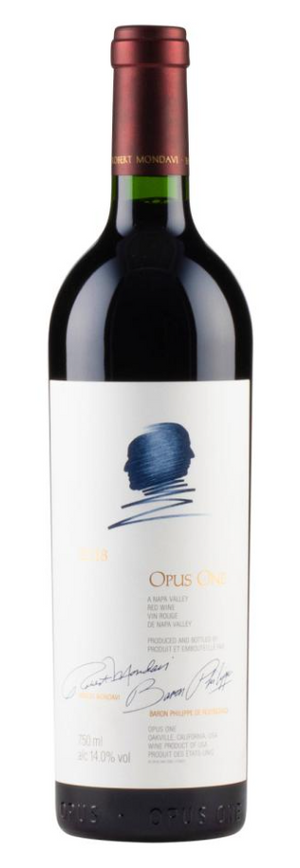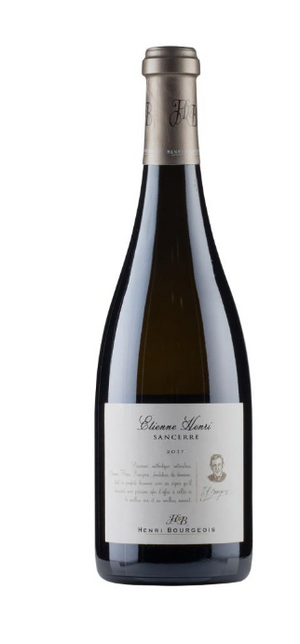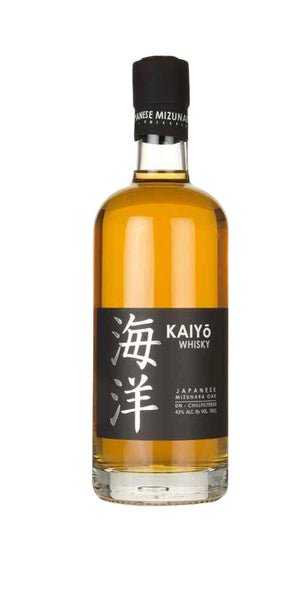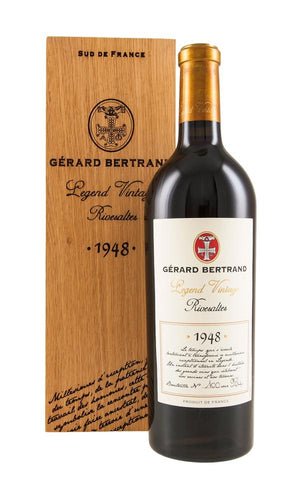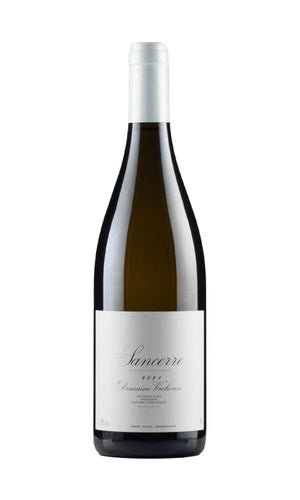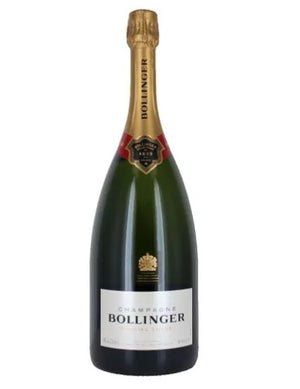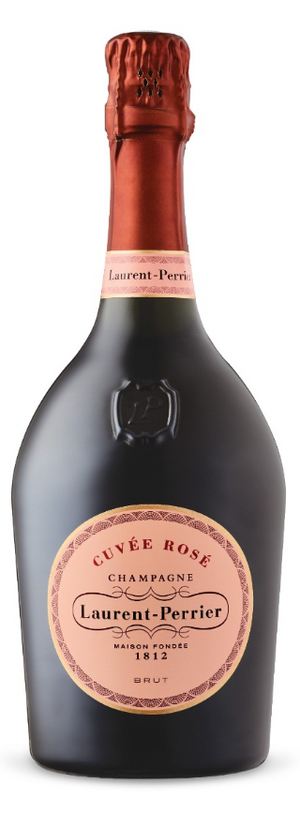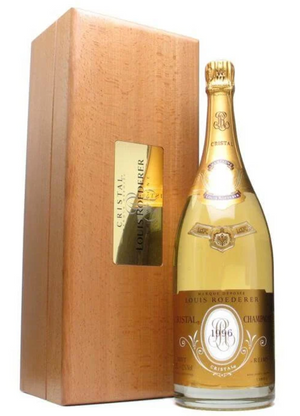‘
Detailed Description
Offering up aromas of blackberry, cassis and black cherry. Elegant notes of violets, white pepper and rose petals follow. The seamlessly layered flavours build to a crescendo of fresh and juicy black-fruit, accented with hints of orange zest, liquorice and dark chocolate. Beautifully balanced, the smooth round tannins and fresh acidity combine to create a soft, creamy mouthfeel, concluding on a long persistent finish.
Reviews:
Wine Advocate: Very deep garnet-purple in color, the 2018 Opus One soars out of the glass with bright, bold boysenberries, warm cassis and ripe, juicy black plums notes, plus emerging nuances of lilacs, oolong tea, cinnamon stick, tilled soil and black truffles.
Wine Spectator: Extremely perfumed and floral with lavender, lilacs and violets to the sweet, ripe berries, such as blackberries and blackcurrants. Some slate and graphite, too. It’s full-bodied, yet ever so balanced and refined, with super fine tannins that last for minutes.
Producer Information
Opus One is a partnership founded by Baron Philippe de Rothschild of Chateau Mouton Rothschild in Pauillac, France, and renowned Napa Valley vintner, Robert Mondavi. Producing luxury wines from its Napa Valley vineyards, the partnership made its first vintage in 1979 and has made wine at Opus One since 1991. The facial profile of the two founders is visible on their iconic label. Rising gracefully from the vineyards, Opus One winery stands in subtle celebration of the land and the open space that surrounds the estate. It remains an ongoing testament to the founders’ vision of a singular wine that transcends generations.The estate vineyards of Opus One, comprised of four parcels, sit in the western portion of the famed Oakville AVA in Napa Valley. Two parcels, totaling 100 acres, are within the renowned To Kalon Vineyard. These are complemented by the combined 70 acres of the Ballestra and River parcels, which envelop the winery. In the vineyards, hand-harvesting and other traditional approaches are taken wherever they work best. When modern techniques benefit the winegrowing process, they are researched, evaluated and integrated into practice.
